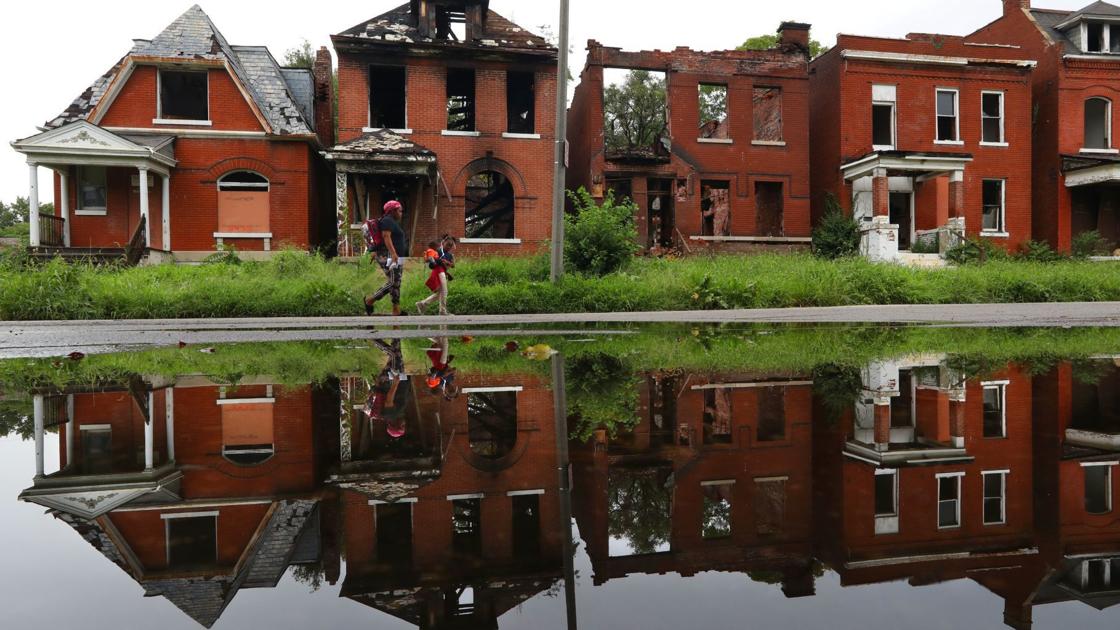The global population living in extreme poverty has fallen below 750 million for the first time since the World Bank began collecting global statistics in 1990, a decline of more than 1 billion people in the past 25 years.
Enrollment in Michigan’s expanded Medicaid program boosted the finances of many low-income residents as well as their health care status
An estimated 85,000 low-income Hoosiers who receive Medicaid benefits will soon need to find a job, volunteer, get job training, or go to school—or risk losing health care for a few months.
Three parties argue in letters that the U.S. government should allow 70,000 more Mainers to get health coverage as state law dictates, despite the governor’s opposition.
Some neighborhoods may be beyond saving; others need help now.
Reducing its inventory is going to take changes in state law, additional staff.
Many residents abandoned Nichols, S.C., after it was inundated during Hurricane Matthew. The few who stayed now wonder whether they should do the same.
Residents of a North Carolina housing complex have found themselves at the center of a redevelopment drama, even as they wonder what will become of their Florence-hit homes.
Americans spend tens of billions of dollars on government-run lotteries each year.
Food insecurity on a college campus can be anything from missing a few meals to forgoing meals several dozen times in a semester.
Gleaners, Ivy Tech and Goodwill partnering to operate the facility, which will be open to all Hamilton County residents in need
In a major victory for civil rights groups, a federal judge has banned Dallas County from using a predetermined schedule to set bail without considering other amounts or alternatives that would allow the suspects’ release from jail.











